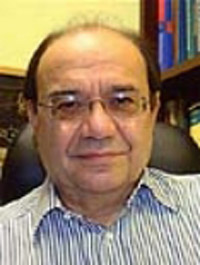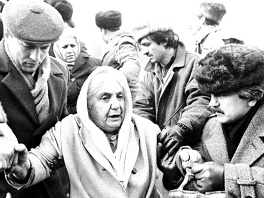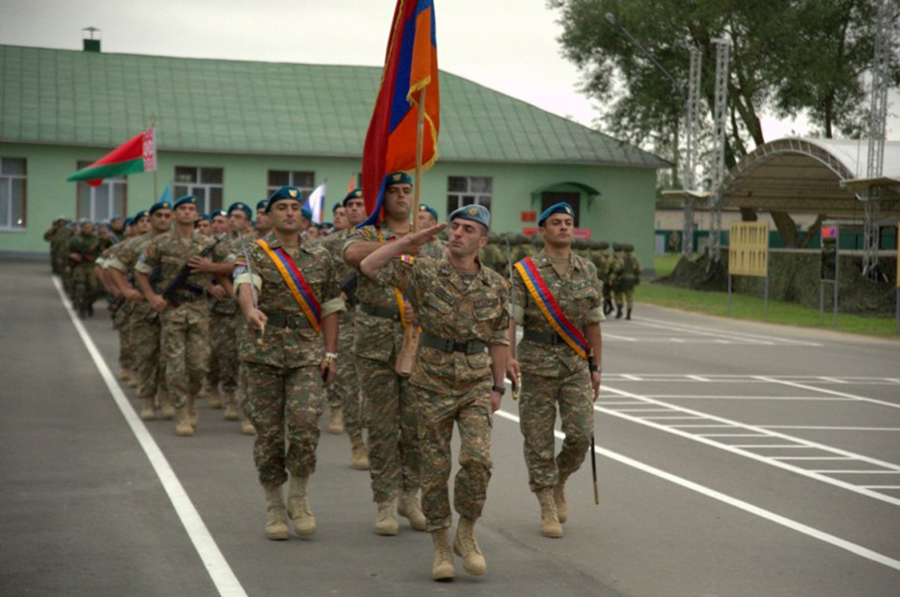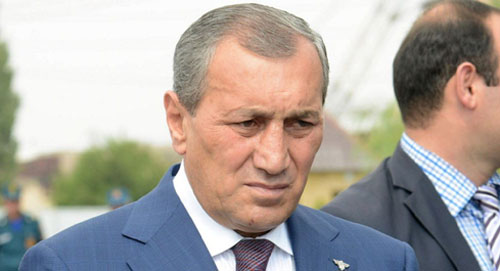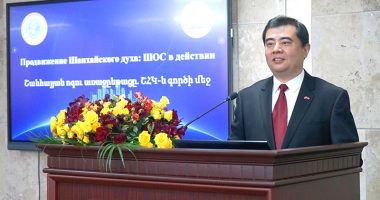The Susurluk scandal refers to the events surrounding the peak of the Turkey–Kurdistan Workers’ Party conflict, in the mid-1990s. It is considered a scandal because it indicated a close relationship between the government, the armed forces, and organized crime. The relationship came into existence after the National Security Council (MGK), Turkey’s highest body of authority conceived the need for the marshaling of the nation’s various “resources” to combat the separatist, Kurdistan Workers’ Party (PKK)
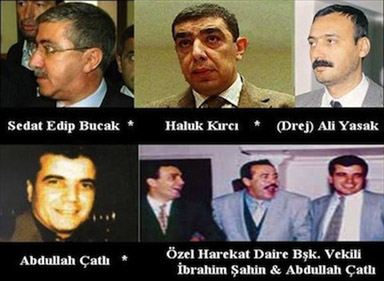

Fast forward to 2013; three Kurdish women were murdered execution style in the Kurdish Information Center in Paris on January 11, 2013. One of the three murdered women, Sakine Cansiz, was a close companion of Andullah Öcalan’s, the imprisoned leader of PKK. She was present when the Kurdish Workers’ Party (PKK) was founded in the late 1970s and spent years in the Diyarbakir Prison, notorious for the systematic torture that took place there, and later went on to become an important PKK representative in Europe.
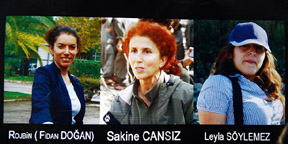

“Anything is possible,” says the Turkish journalist Saruhan Oluç . “Both opponents of the peace process within the PKK, or Turkish right-wing extremists linked to the security apparatus who oppose an agreement with the Kurds, are potential perpetrators.” A politically correct discourse would be to suggest an “internal Kurdish struggle” as PM Erdogan did without wasting time. However he did not dismiss a more sinister possibility. Erdogan, with his Islamist agenda is a different breed of politician compared to his late mentor PM Erbakan. Erdogan is credited in dismantling of a military plot Balioz (Sludge hammer) designed to topple his government, However, Erdogan’s selective pursuit of justice is devoid of a high moral compass. He is after the truth that brings him more power and against issues that bring forward the memory of the Genocide. “That’s how it is here,” says the journalist Saruhan Oluç. “A positive step [i.e., talks with Ocalan] has barely been made before another setback takes place.” The journalist was referring to the recent “opening” by the Turkish PM Erdogan, who had sent a representative to ostensibly discuss possible ways of ending the lethal violence with the PKK leader Ocalan.
The question was and remains: Which Turkish government can be trusted, the “deep” or the “not so deep?”

